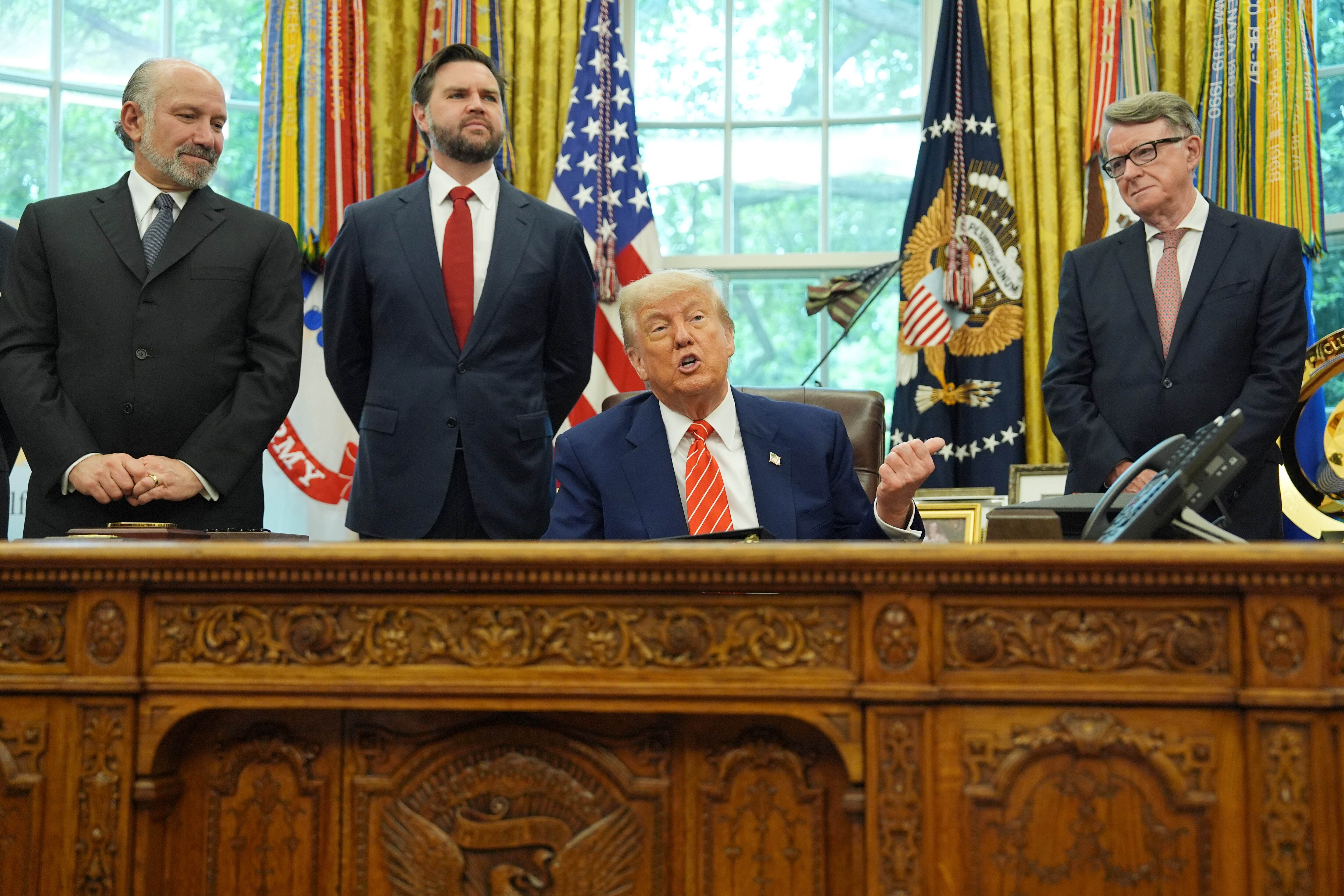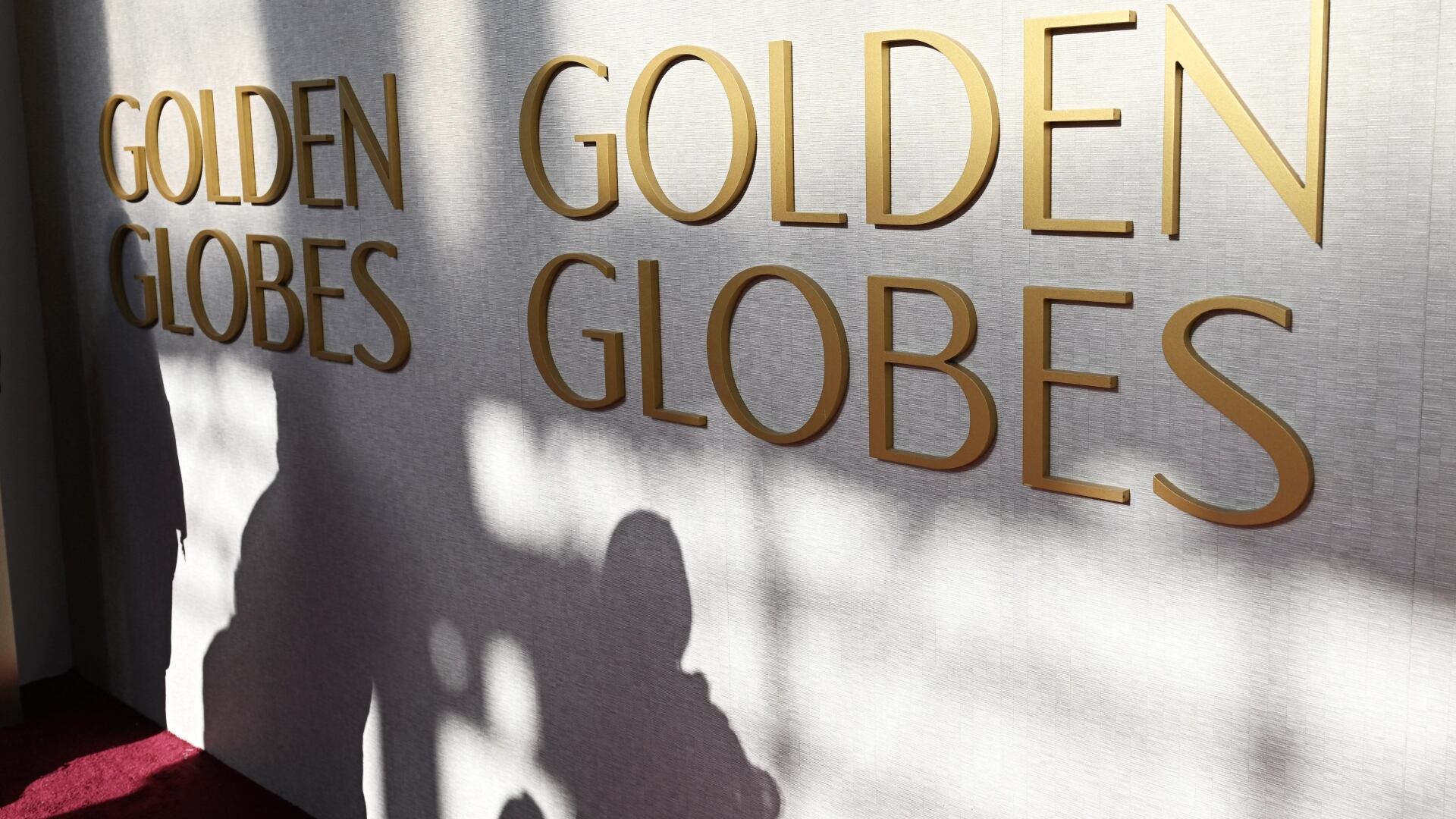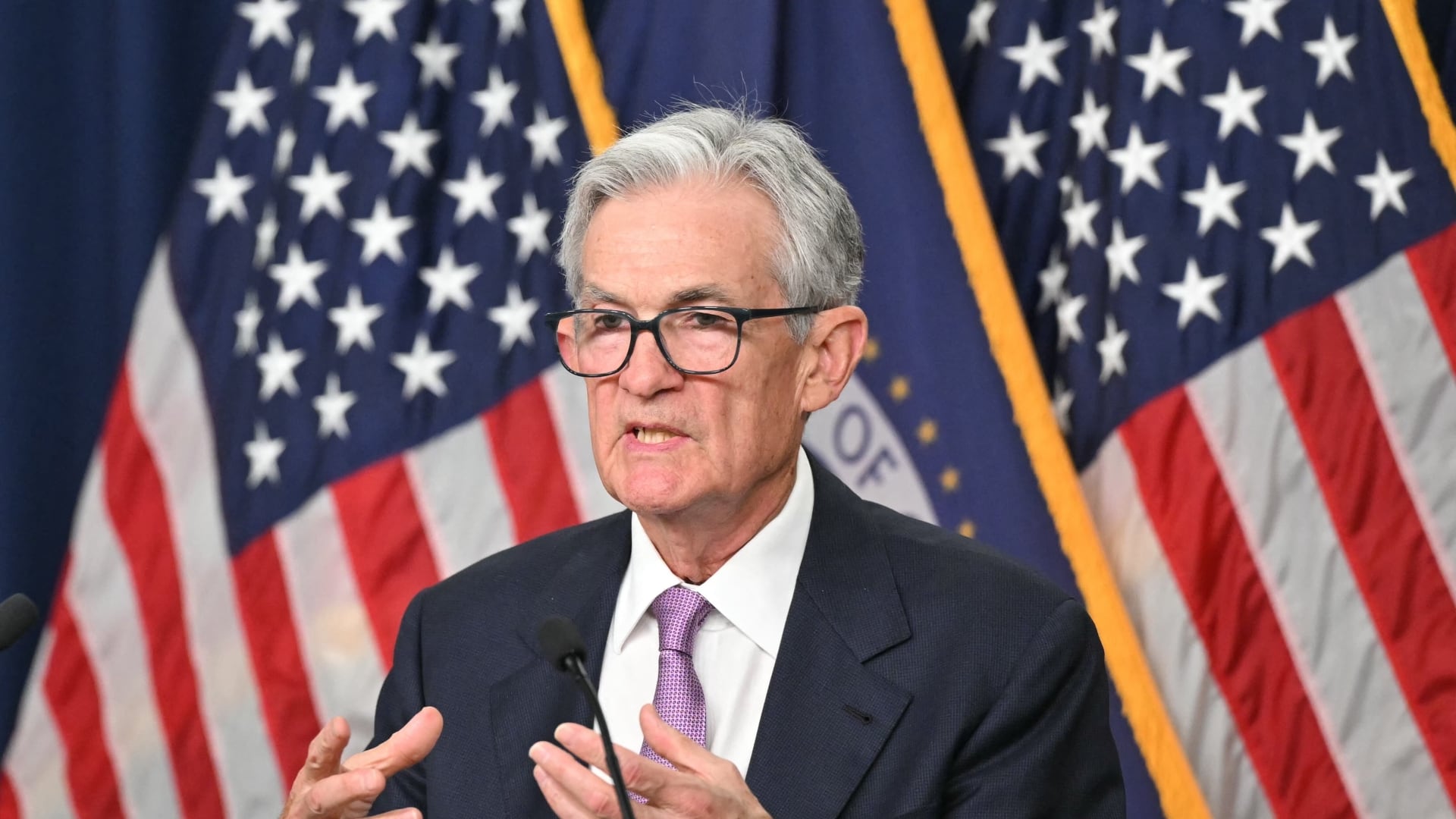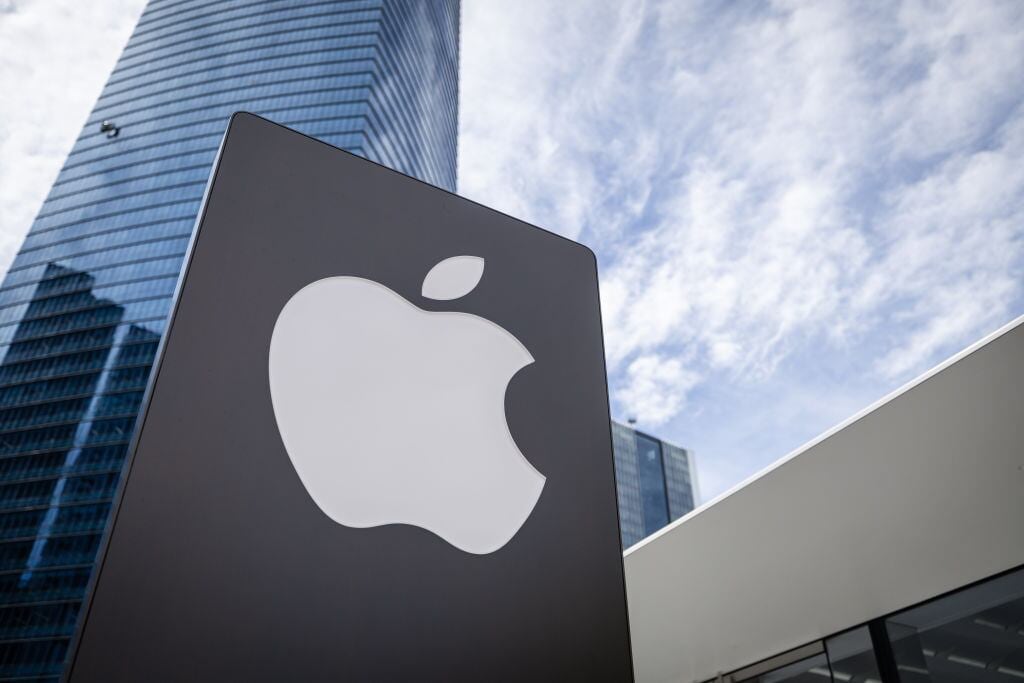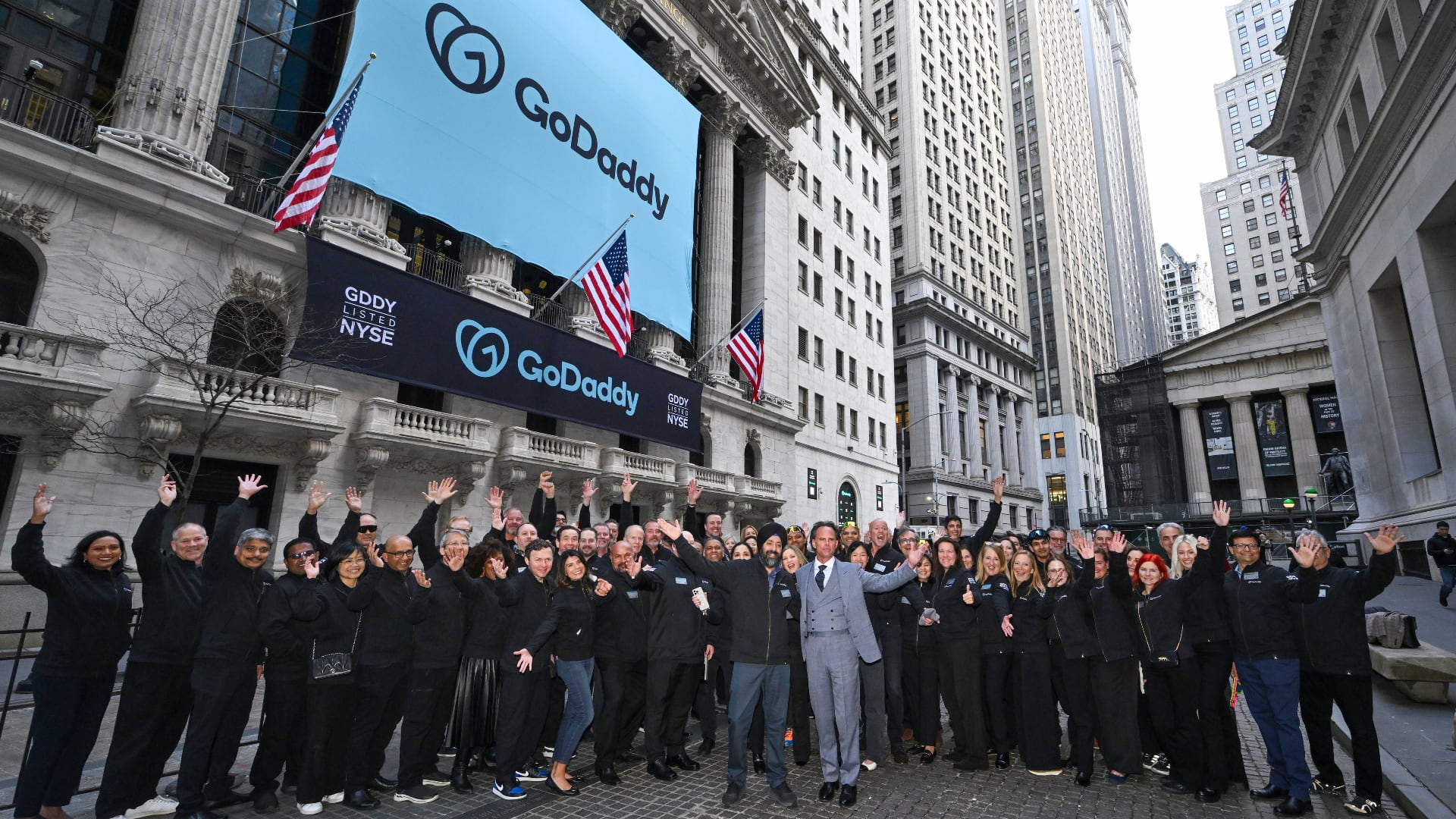Duckhorn Wine Co. ($NAPA) made its public debut Thursday at $18 per share, marking the first IPO out of California's famous Napa Valley in decades.
CEO Alex Ryan told Cheddar that the company, which owns Kosta Browne, Decoy, Goldeneye, and other individual winemakers, has stayed profitable during the pandemic that forced wineries to rapidly adapt their business models.
He said the company chose now to go public to gain further exposure to "luxury consumers."
"We've been creating a one-of-kind luxury winery asset for 40 years now, and I think it's a great time to introduce luxury wine to Wall Street and beyond," Alex Ryan, president and CEO of Duckhorn, told Cheddar. "We've created some really nice scale. The customers are telling us they want more of it, and so we're poised to give it to them."
While wineries have generally avoided public markets in the past, Duckhorn isn't the only California-based producer making the leap this spring. Santa Rosa’s Vintage Wine Estates plans to go public this May via a merger with a special purpose acquisition company.
Ryan explained how Duckhorn's whole operations and retail partners have helped maintain demand through the pandemic, even as restaurant sales fell off.
"We find people have embraced buying larger amounts of wines through grocery stores, taking them home, having the experiential time with their favorite brands, and then they're going to go back and buy some more," he said.
As for the spate of wildfires that ripped across the West Coast in 2020, Ryan said the company's efforts to diversify its sources throughout the region have prepared it for the disruption.
This diversity has also softened the volatility inherent in agricultural production, he added, which has been a challenge for public wine companies in the past when it came down to providing reliable guidance on quarterly earnings.
"We think we've got the recipe so we can again manage volatility and be able to share with investors what they want to hear moving forward," he said. "We really don't find that to be a stumbling block. It has been for others in the past. We think we've got a way around that right now."
Duckhorn's stock finished the day at $17.50 per share.
